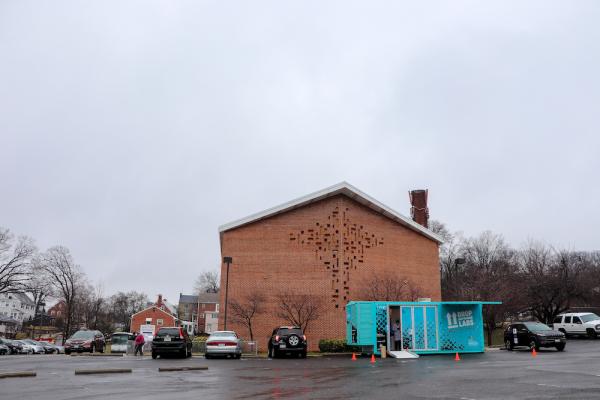Feb 12, 2021
Senior citizens braved the winter weather on Thursday morning for their COVID-19 vaccine appointments at Pennsylvania Baptist Church in Southeast Washington, D.C. By the end of the day, 100 Washingtonians would be vaccinated at the church.
Read the Full Article

Already a subscriber? Login
